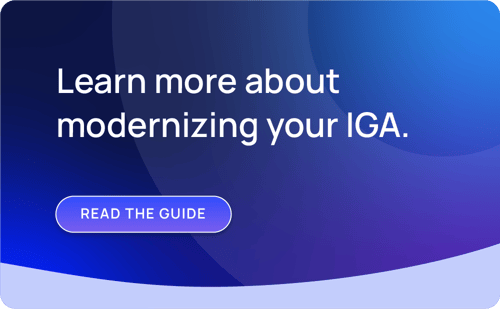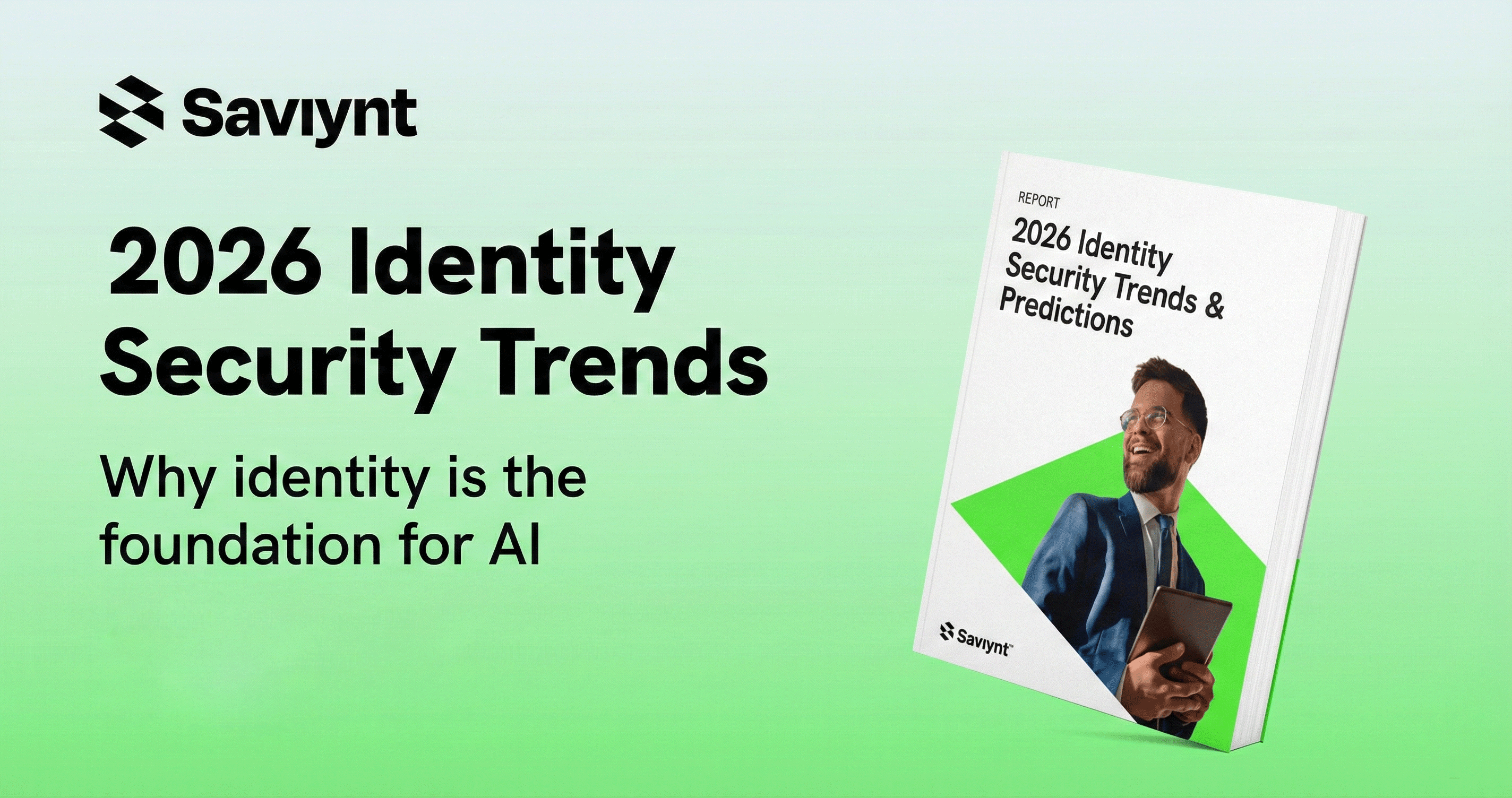Leverage Systems Integrators and Partners
Partnering with a systems integrator (SI) offers meaningful returns in terms of reduced drain on internal resources, stakeholder morale, and overall deployment speed/time-to-value. Lean on leading SIs’ orchestrator tools to help automate platform configurations.
Post-Migration Assessment Questions
Plan toward a few key metrics that typify real improvement so that your migration, implementation, and deployment efforts lead to your target outcomes. Ask questions that help quantify your progress like:
How quickly were you able to onboard?
How many new services or capabilities were you able to introduce?
Did audit findings decline and compliance posture improve? By how much?
The digital norm is a reckoning for laggard enterprises. Embracing strong IGA processes and technologies – and grappling with compliance, security, and trust are must-dos to stay competitive.
Our world transformed into the work-from-anywhere age overnight, and it’s time for IGA platforms to follow.









